Welcome back to English Speaking Course Lesson 13 by Structures. This lesson provides examples to help you improve your English speakings. In this Lesson, we are going to learn 3 Basic English Speaking Structures. The first one is ”Must have +(v3)”, the second is ”Would you mind + (V+ing) and the third one is “What exactly …?. We’ll start the English Speaking Course Lesson 13 by Structures
Must have +(v3)
This structure is used when someone has done something or this has happened. For example, he must have changed clothes during the night.
Structure: Subject + must have + past participle (verb3) + object/complement.
- He must have finished his homework early.
- She must have missed the bus.
- They must have forgotten their keys.
- We must have taken the wrong turn.
- You must have heard the news.
- The cat must have climbed the tree.
- He must have locked the door.
- She must have cooked dinner.
- They must have left already.
- We must have lost the game.
- He must have bought a new car.
- She must have read the book.
- They must have sold the house.
- We must have won the lottery.
- You must have seen the movie.
Would you mind + (v+ing)
We will use this structure to ask permission or ask someone to do something politely and well. For example, would you mind sitting here.
Structure: Would you mind + (verb + ing) + object
- Would you mind opening the window.
- Would you mind closing the door.
- Would you mind waiting a moment.
- Would you mind lending me a pen.
- Would you mind paying the bill.
- Would you mind calling a taxi.
- Would you mind turning down the music.
- Would you mind sharing your notes.
- Would you mind explaining that again.
- Would you mind taking a photo.
- Would you mind moving your car.
- Would you mind speaking slowly.
- Would you mind watching my bag.
- Would you mind holding this for me.
- Would you mind turning off the light.
What exactly …?
When we want to get precise information from someone like, if someone is confused and wants to ask something, we say, you say directly what you want to ask. For example, what exactly are you looking for? what exactly is the problem?
Structure: What exactly + auxiliary verb (do/does/did/is/are) + subject + main verb?
- What exactly do you mean?
- What exactly is happening here?
- What exactly are they doing?
- What exactly does he want?
- What exactly did you say?
- What exactly is this for?
- What exactly are you asking?
- What exactly did she find?
- What exactly are we discussing?
- What exactly is the problem?
- What exactly did they see?
- What exactly are you suggesting?
- What exactly does she think?
- What exactly is his plan?
- What exactly are your intentions?
Read Also:

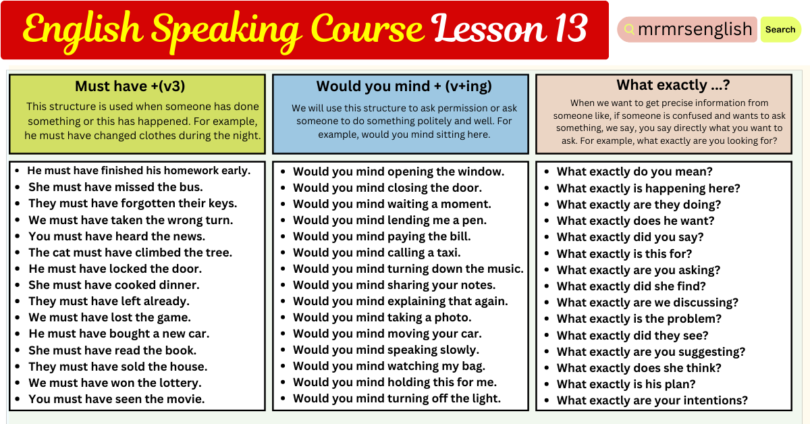
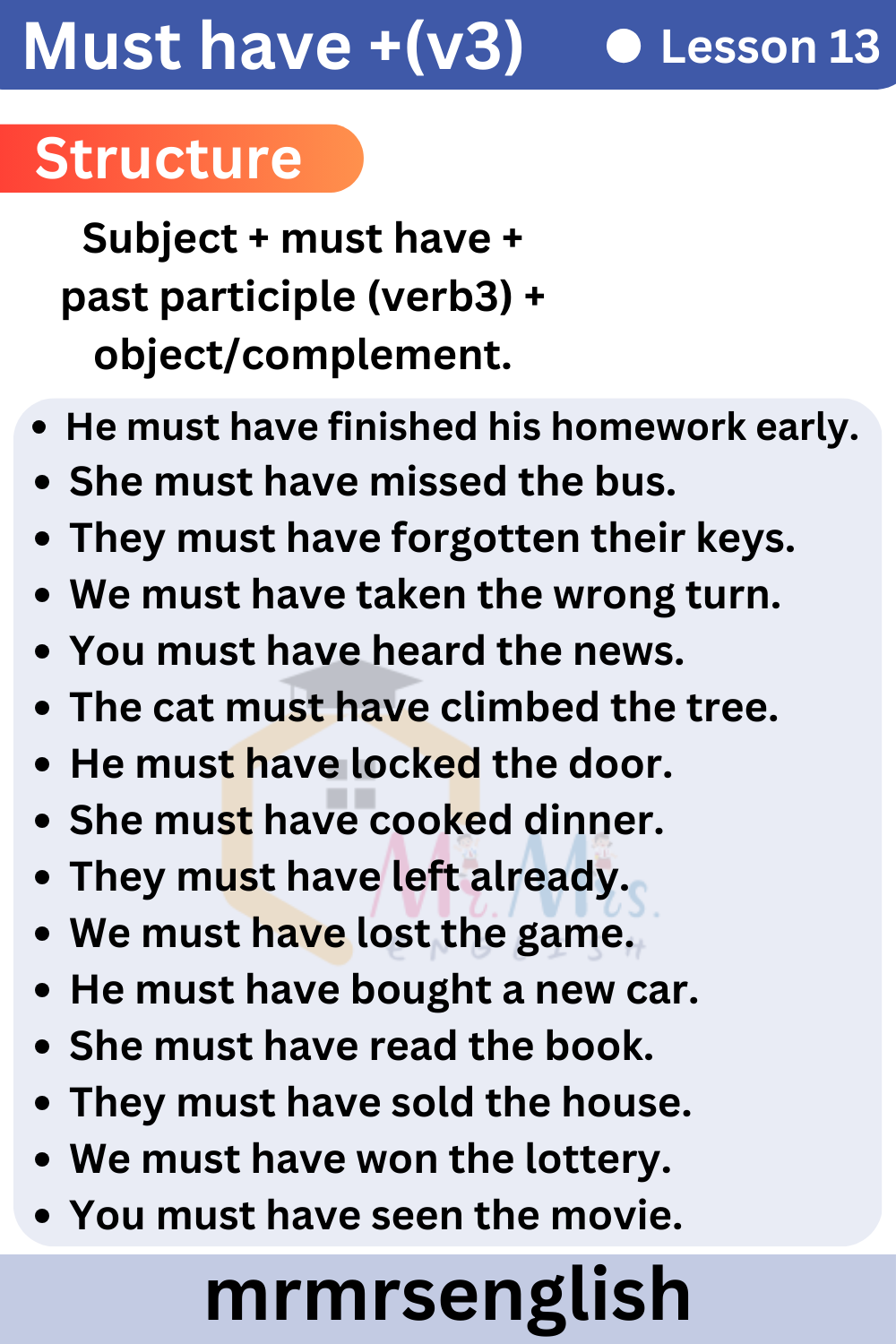
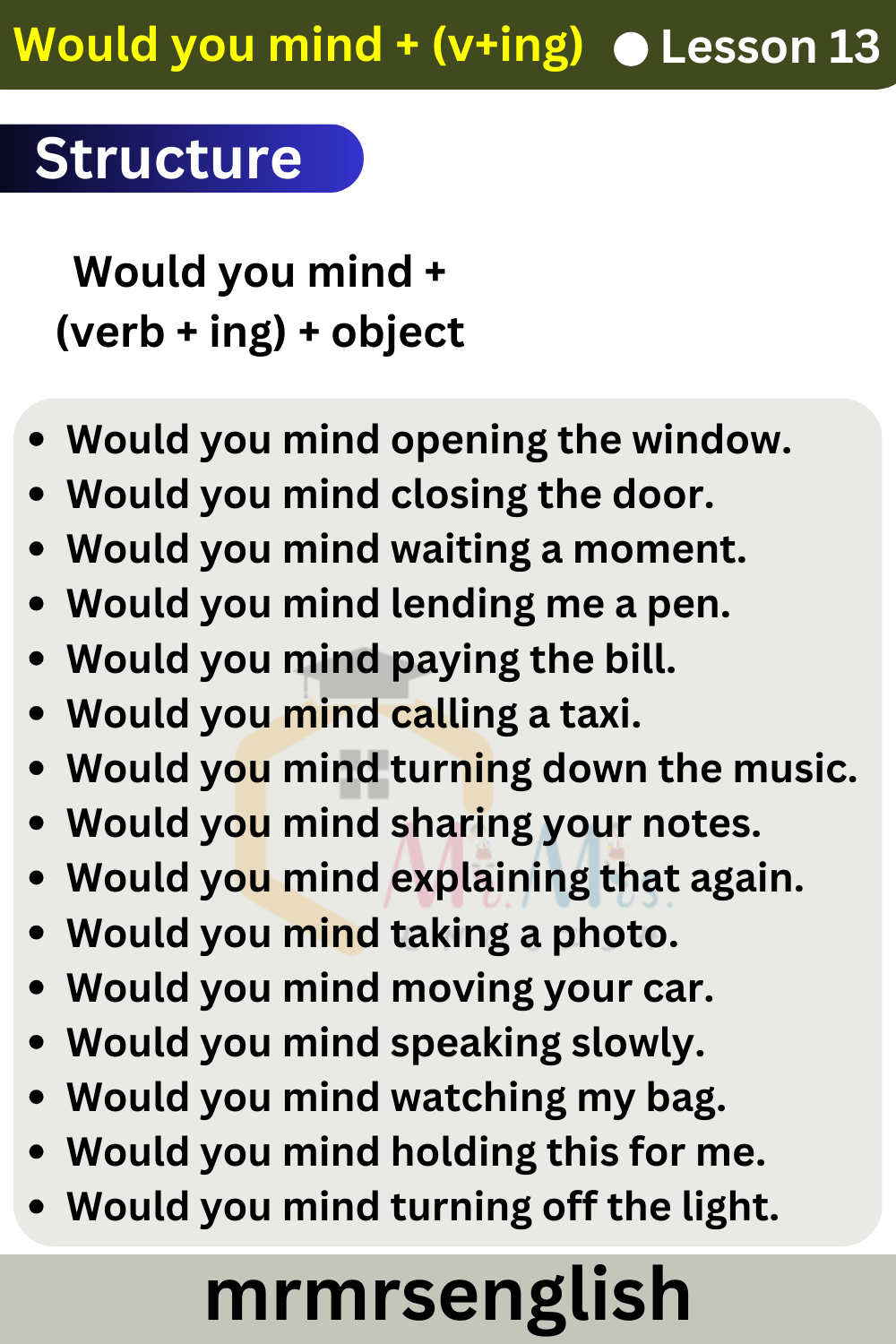
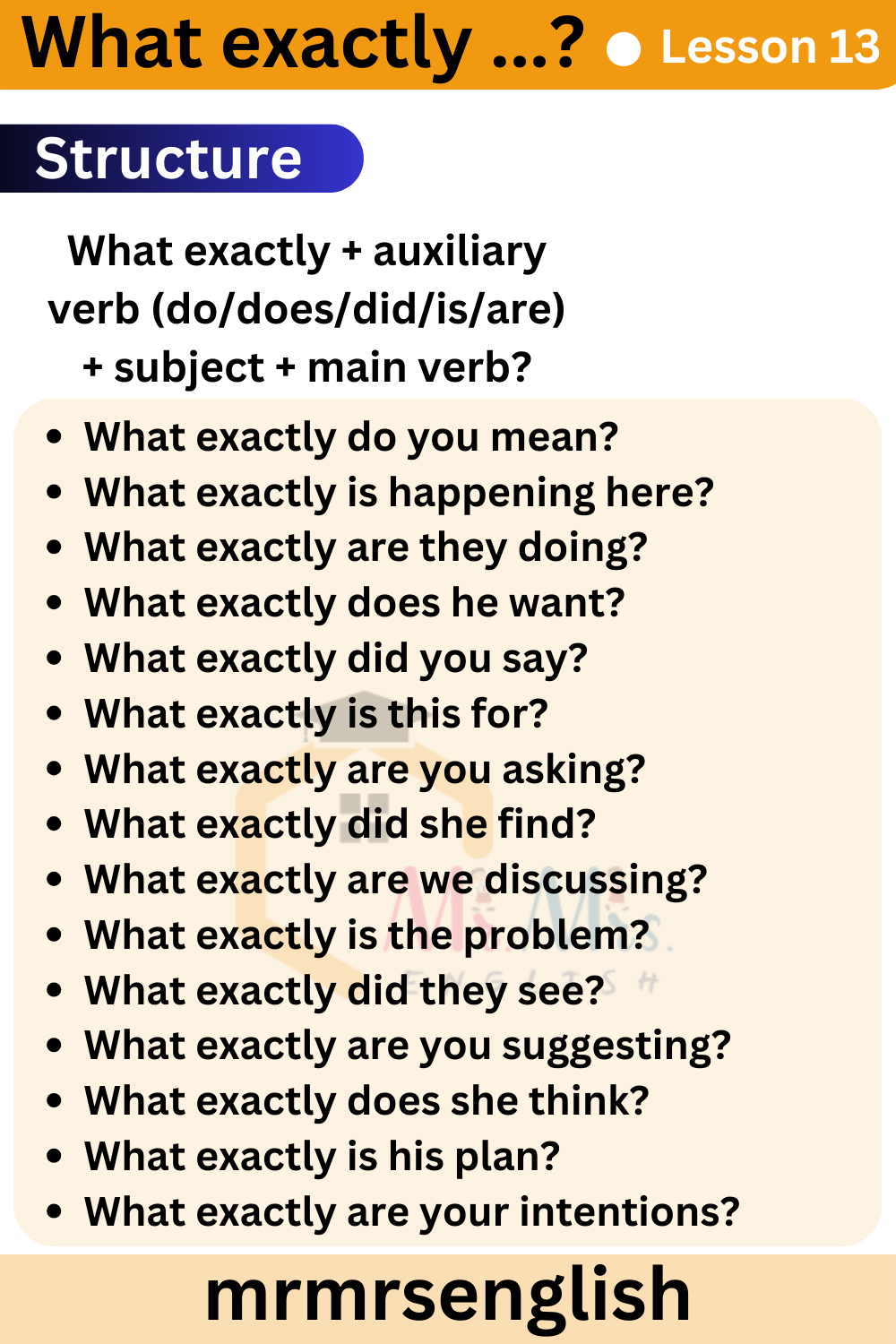
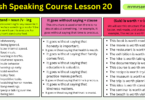
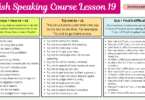
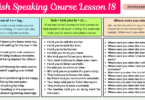
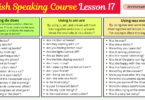
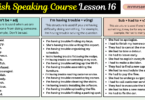
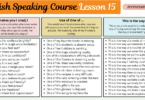
Leave a Comment